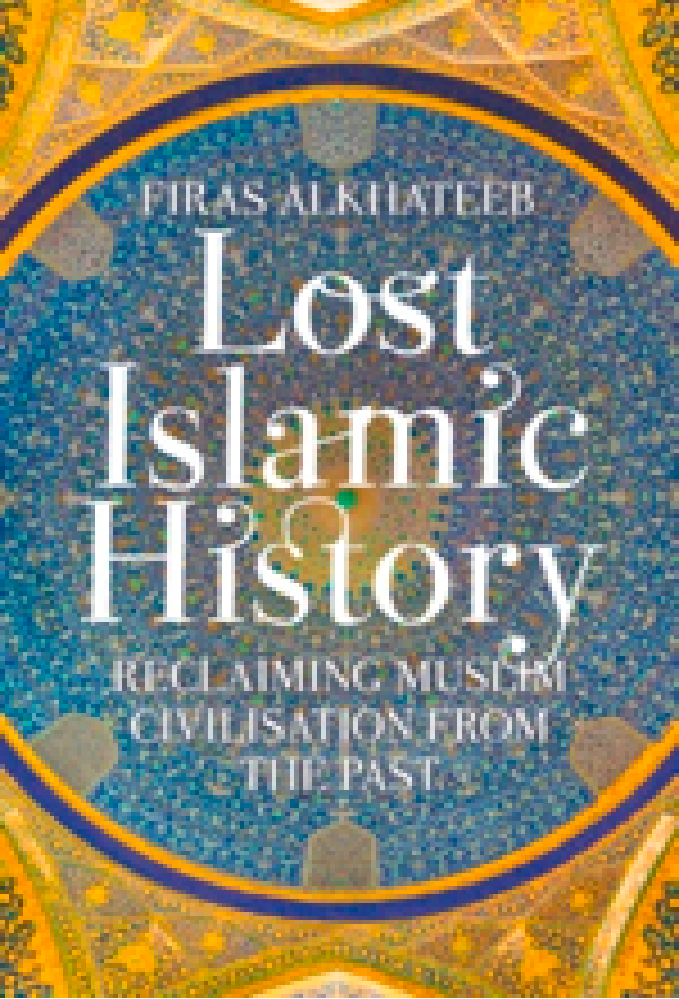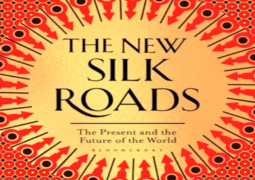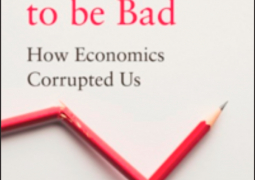
Reviewed by Dr Muhammad Wajid Akhter
"Can you tell me a good book to read on Islamic history?” This is a question that I get asked time and time again. I can’t remember ever being able to give a straight-forward answer. “Well, it depends on exactly what period of Islamic history you are interested in…” I would begin to say and almost immediately watch their attention levels disintegrate.
Islam has been one of the most powerful religious, social and political forces in history. Over the last 1400 years, from origins in Arabia, a succession of Muslim polities and later empires expanded to control territories and peoples that ultimately stretched from southern France to East Africa and South East Asia. Yet many of the contributions of Muslim thinkers, scientists, and theologians, not to mention rulers, statesmen and soldiers, have been occluded. This book rescues from oblivion and neglect some of these personalities and institutions while offering the reader a new narrative of this lost Islamic history. The Umayyads, Abbasids, and Ottomans feature in the story, as do Muslim Spain, the savannah kingdoms of West Africa and the Mughal Empire, along with the later European colonization of Muslim lands and the development of modern nation-states in the Muslim world. Throughout, the impact of Islamic belief on scientific advancement, social structures, and cultural development is given due prominence, and the text is complemented by portraits of key personalities, inventions, and little-known historical nuggets. The history of Islam and of the world’s Muslims brings together diverse peoples, geographies, and states, all interwoven into one narrative that begins with Muhammad and continues to this day.
The book itself is very well written with many important areas and eras of Islamic history covered in chronological order. The chapter on the “Intellectual Golden Age” is particularly well written breaking up a tendency by others to simply focus on military expansionism and regression. The author also includes a chapter entitled “The Edge” where he tackles the history of parts of the Muslim world that are often neglected in most historical accounts, most notably West Africa. Another positive about this book is that it avoids the usual bias found from similar works by orientalists.
Islamic history is probably one of the most neglected fields in Islamic education. It has been for centuries for reasons that are beyond the scope of this book review. Therefore, any attempt to redress this imbalance should be celebrated and taken advantage of. Maybe Islamic history is just a little less lost now.
Available at Timbooktoo tel 4494345





